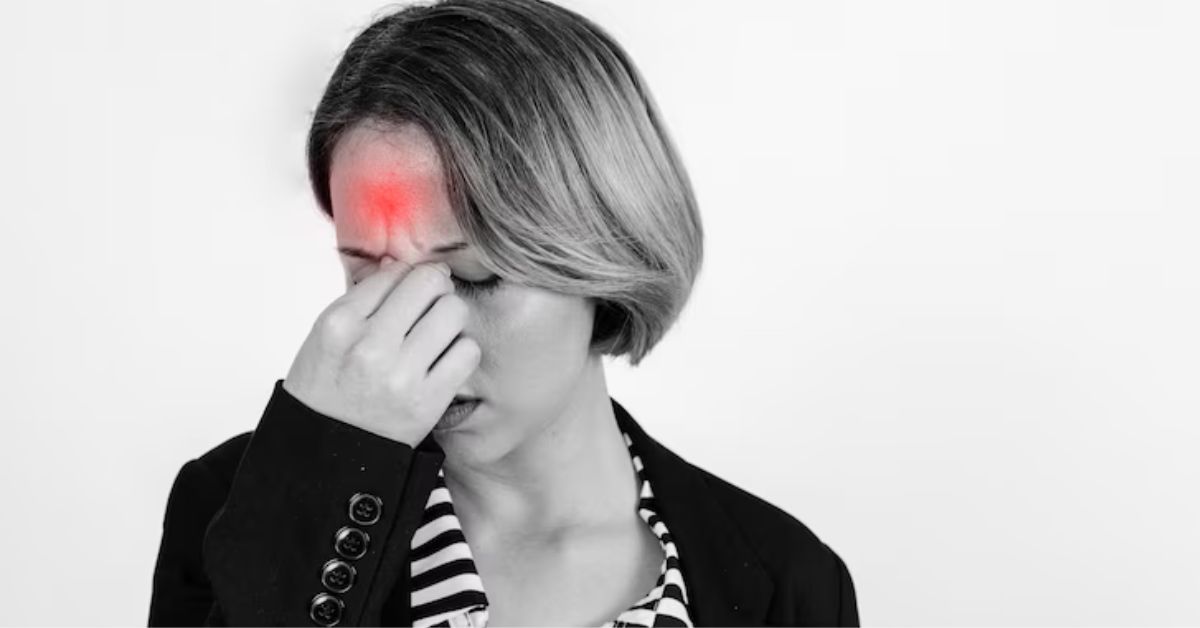A headache is something that almost everyone gets occasionally, but migraines are something else entirely. They cause throbbing pain, nausea, blurred vision, and in certain situations, momentary speech or concentration loss. Many find them to be incapacitating and disruptive, impacting everyday functioning, relationships, and employment. Fortunately, there is a clear route to relief, control, and prevention with prompt and focused migraine treatment in Indore.
Migraines are a neurological disorder that needs individualized treatment; they are not “just in the head.”
Deciphering the Causes of the Pain
The first step to long-lasting relief from migraines is knowing what triggers them. Although triggers differ from person to person, neurologists and headache experts have identified certain common patterns.
Among the well-known causes of migraines are:
- Changes in hormones, particularly in women
- Unusual sleep habits
- Overuse or withdrawal of caffeine
- Loud noises, bright lights, or overpowering odors
- Meal skipping or dehydration
- Excessive amounts of anxiety or stress
With a specialist’s assistance, patients may identify these triggers and take preventative measures before the migraine even starts.
Beyond the Physical: Care and Emotional Impact
Migraines have an impact on your mood, self-esteem, and tranquility in addition to your physical health. Anticipating their next episode causes worry in many sufferers. Emotional fatigue can result from missed social gatherings, postponed plans, and days spent in solitary confinement.
For this reason, migraine treatment should also involve:
- Counseling for mental health
- Patient communities or support groups
- Mindfulness practices such as meditation or yoga
- Daily schedules that are organized and encourage balance
In addition to reducing symptoms, these techniques help people regain composure and control over their everyday lives.
There are no limitations when you have a migraine. Patients no longer need to merely “manage” their migraine treatment in Indore; instead, they may avoid, manage, and progressively lessen the pain’s hold on their lives. The objective is a long-term restoration to self-confidence, productivity, and calm rather than only short-term respite. Because every day should start pain-free and every thought should have clarity.

